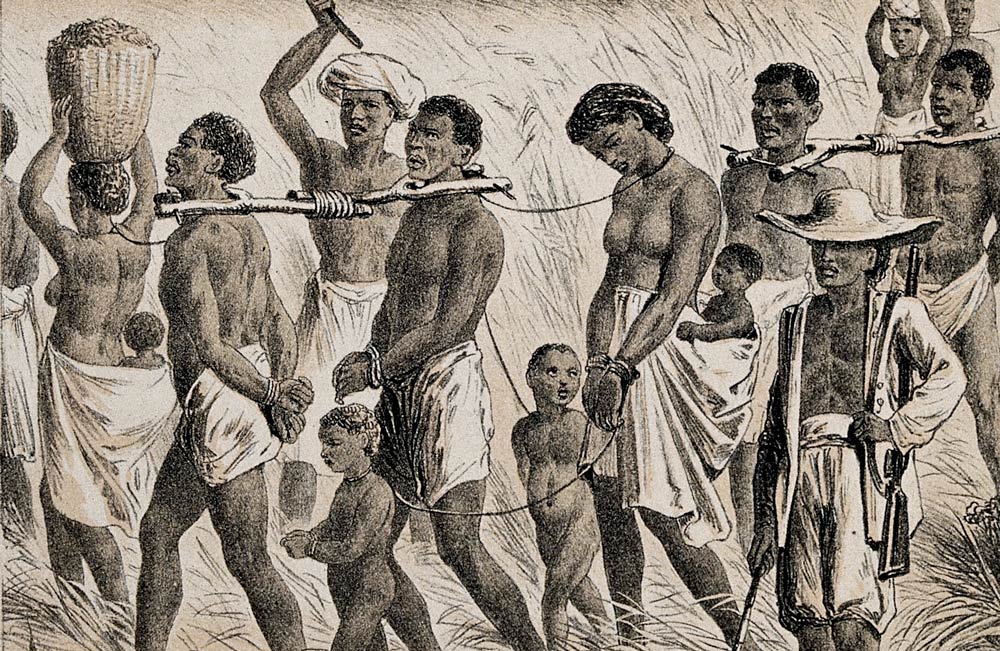Nearly 180 years ago, the Jesuits who ran Georgetown University sold 272 enslaved persons to save the institution from insolvency. In a non-binding referendum earlier this month, the university’s undergraduate students voted to impose a student fee of $27.20 per semester to fund reparations for the descendants of those slaves.
Small potatoes? Well, when the slavery reparations idea catches fire outside of a student body, the dollar amounts talked about expand beyond mere double digits.
Which can be awkward. The leader of the Congressional Black Caucus, Rep. Karen Bass (D‑Calif.), complains that slavery reparations are often “used … to ridicule African-Americans, as if what black people are interested in is a check.”
Nonetheless, White House aspirant Rep. Julián Castro (D‑Tex.) reminds Democrats that “when it comes to Medicare for All” as well as “tuition-free or debt-free college, the answer has been, ‘We need to write a big check.’” Castro contends Uncle Sam ought not skimp on “compensating the descendants of slaves.”
The slicker Democratic contenders for the 2020 presidential race have conveniently embraced legislation introduced in the House by Rep. Sheila Jackson Lee (D‑Tex.) to establish a commission to study the idea — allowing presidential aspirants to talk up the proposal to black audiences while assuring less enthusiastic audiences that they are merely committed to studying it.
One lesser known candidate, author Marianne Williamson, didn’t get the memo, however. She proposed “a $100 billion plan of reparations to be paid over 10 years,” to be disbursed for purposes of “economic and educational revitalization to be achieved within the black community.”
By federal spending standards, a tiny figure. But even at ten times that figure, check-propelled revitalization seems unlikely.
Students of politics take note.
This is Common Sense. I’m Paul Jacob.

—
See all recent commentary
(simplified and organized)
